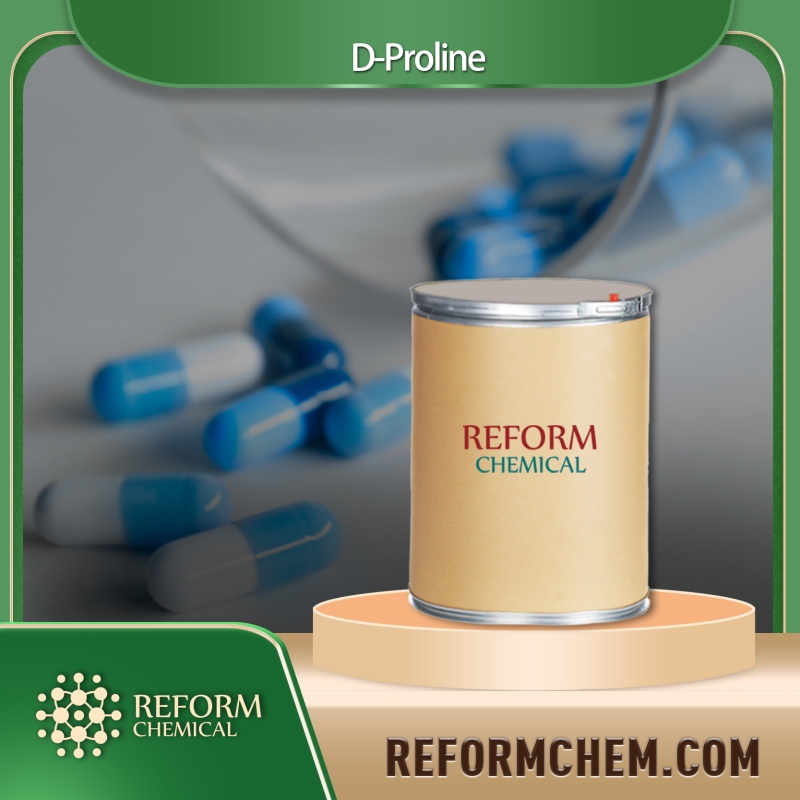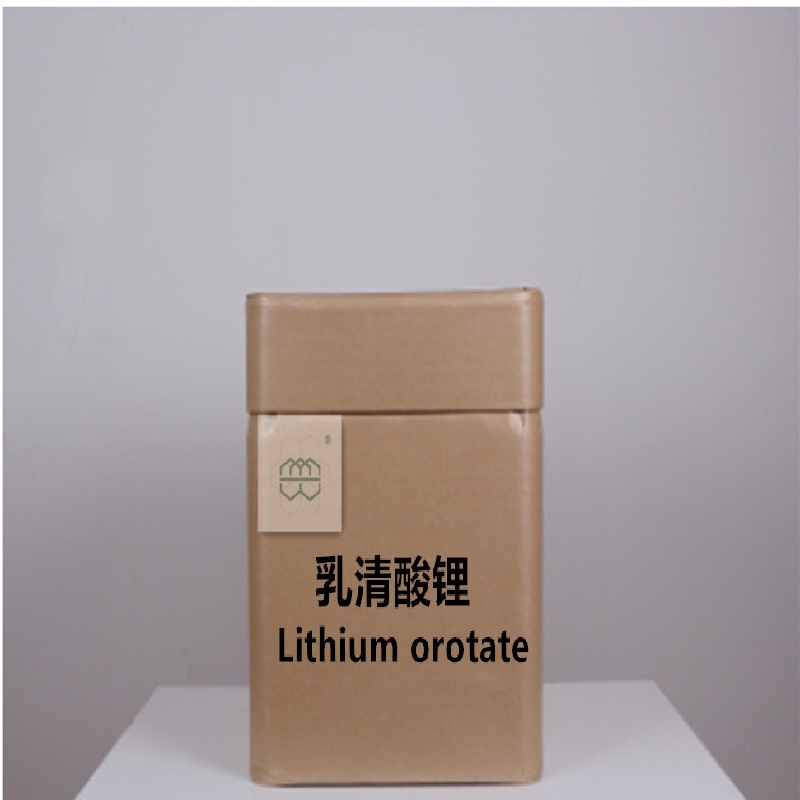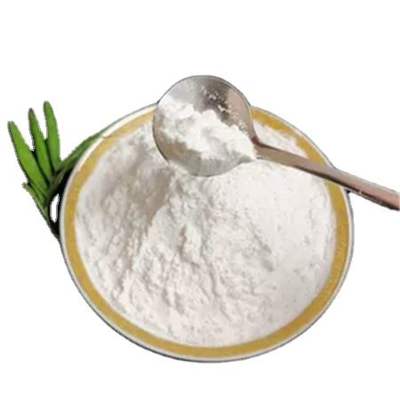-
Categories
-
Pharmaceutical Intermediates
-
Active Pharmaceutical Ingredients
-
Food Additives
- Industrial Coatings
- Agrochemicals
- Dyes and Pigments
- Surfactant
- Flavors and Fragrances
- Chemical Reagents
- Catalyst and Auxiliary
- Natural Products
- Inorganic Chemistry
-
Organic Chemistry
-
Biochemical Engineering
- Analytical Chemistry
-
Cosmetic Ingredient
- Water Treatment Chemical
-
Pharmaceutical Intermediates
Promotion
ECHEMI Mall
Wholesale
Weekly Price
Exhibition
News
-
Trade Service
Editor in charge: Food Science
0
Recently, the team of researcher Sun Yinshi from the Institute of Special Products of the Chinese Academy of Agricultural Sciences published a research paper on "Effect of aqueous enzymatic extraction of deer oil on its components and its protective effect on gastric mucosa injury" in the international journal Frontiers in nutrition (IF=6.
576)
.
This article explores the prominent role of deer oil in protecting the gastric mucosa for the first time
"Compendium of Materia Medica" records: Deer oil "carbuncle swollen dead muscle, warm, not following the limbs, the limelight, the general management"
.
It is widely spread among folks that deer oil can treat gastritis, gastric ulcer and other diseases, but there is no report on the related modern pharmacological effects of deer oil
The above experimental results confirm that deer oil has a pharmacological effect on the treatment of gastric mucosal damage, but deer oil has a sticky taste and smelly taste when consumed directly, and it is not easy to store and easy to spoilage
.
The research team used microencapsulation technology to prepare deer oil into oil-in-water powdered oil, which improved the taste and solubility of deer oil and made it suspend in water for easy consumption (Figure 4)
Figure 1 The effects of three animal fats on acute gastric mucosal injury in rats
Figure 2 The effect of deer oil on cell apoptosis and inflammation in rats
Figure 3 The effect of deer oil on MAPK/NF-κB signaling pathway
Figure 4 Preparation of deer oil powder
Master student Xia Yunshi is the first author.
Researcher Sun Yinshi from the Specialty Research Institute and Professor Wang Zi from Jilin Agricultural University are the corresponding authors.
This work has been supported by the National Key R&D Program and the Science and Technology Development Plan of Jilin Province
.
Article link:
https://doi.
org/10.
3389/fnut.
2021.
769463
Click below to read the original text to view the English summary
.
Corresponding author introduction
Researcher Sun Yinshi
Sun Yinshi, PhD, researcher
.
Chief scientist of the "Special Animal and Plant Processing Technology Innovation Team" of the Chinese Academy of Agricultural Sciences, top innovative talent in Jilin Province (second level)
Mainly engaged in ginseng, American ginseng, deer antler and other origin processing and functional food development
.
He has been funded by the National Natural Science Foundation of China and many other projects







